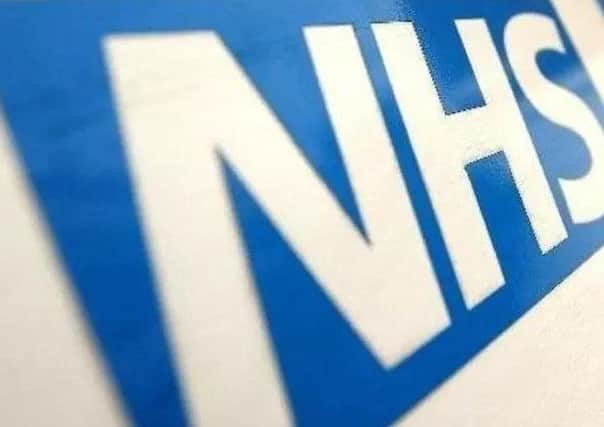Staffing crisis threatens long term NHS plan, Public Accounts Committee warns


The Public Accounts Committee (PAC) said the situation will “rapidly reach crisis point” if the NHS continues to lose staff at its current rate and fails to attract enough employees from abroad.
In a report out today the committee said there is little sign of the staffing shortfall of around 100,000 NHS job vacancies, including 40,000 nurses, improving.
Advertisement
Hide AdAdvertisement
Hide AdThe PAC said there is no guarantee that more overseas staff joining the health service because of complications surrounding the UK’s exit from the European Union.
The report said: “The NHS appears to be banking on either drastically improving its retention rate, or attracting more employees from overseas in order to fill the gap. This is a risky strategy.”
Staffing problems have already led to warnings that Yorkshire hospital trusts cannot keep up with demand.
A shortage of medics at Northallerton’s Friarage Hospital has led to the temporary closure of its A&E department to critical care patients who are being transferred to Middlesborough and Darlington.
Advertisement
Hide AdAdvertisement
Hide AdElsewhere, a review of NHS services in Scarborough warned that 46 per cent of jobs in emergency and acute medicine are vacant.
In 2017/18 an estimated £10.7m was spent on agency staff at Scarborough and Bridlington hospitals, more than 11 per cent of the total spend on staff.
The PAC report also warned that, while the NHS as a whole reported a £21m deficit, the figure masks “significant disparities in financial performance” at hospitals and Clinical Commissioning Groups (CCGs).
In 2017-18 alone, the Department of Health provided £3.2bn in loans to support NHS trusts in difficulty.
Advertisement
Hide AdAdvertisement
Hide AdThe health service regulator NHS Improvement told the committee there are now £11bn worth of “distressed loans” on the provider balance sheet and some £4.5bn of repayments are due in 2020.
The report said: “We are also concerned that it is overly optimistic to assume that trusts and CCGs will universally break even within five years.”
Under a long-term funding settlement, NHS England’s budget will rise by an extra £20.5bn by 2023–24.
But the report warns of a lack of new funding for adult social care, training and preventative health initiatives.
Advertisement
Hide AdAdvertisement
Hide AdMeg Hillier MP, who chairs the PAC, said: “If taxpayers are to be convinced that future Government funding commitments are fit for purpose, then Government must explain how those commitments relate to healthcare priorities locally.
“If the long term plan is to be more than just an aspiration then Government must engage fully with the detail and ensure necessary resources are directed to the right places.”
Sara Gorton, Unison head of health, said: “The committee has echoed the swelling chorus of concern about the staffing crisis engulfing the NHS.
“Ministers must ensure money is put aside to fund the supply of new staff with proper apprenticeship programmes, restored training budgets and better career support.
Advertisement
Hide AdAdvertisement
Hide Ad“Any recovery plan requires significant investment and a commitment to fair pay rises for the future.”
An NHS workforce review is expected to be published after the Government’s 2019 spending review. An NHS Improvement spokesman said: “The NHS has reduced the number of staff vacancies and the number of trusts in deficit over the past year.
“We are building on these achievements with our people plan, which will set out how we will deliver a 21st century NHS for our rising and ageing population by growing the number of doctors and nurses, as well as by giving trusts in deficit extra money and support from this month so that every hospital will return to financial balance within the next five years.”